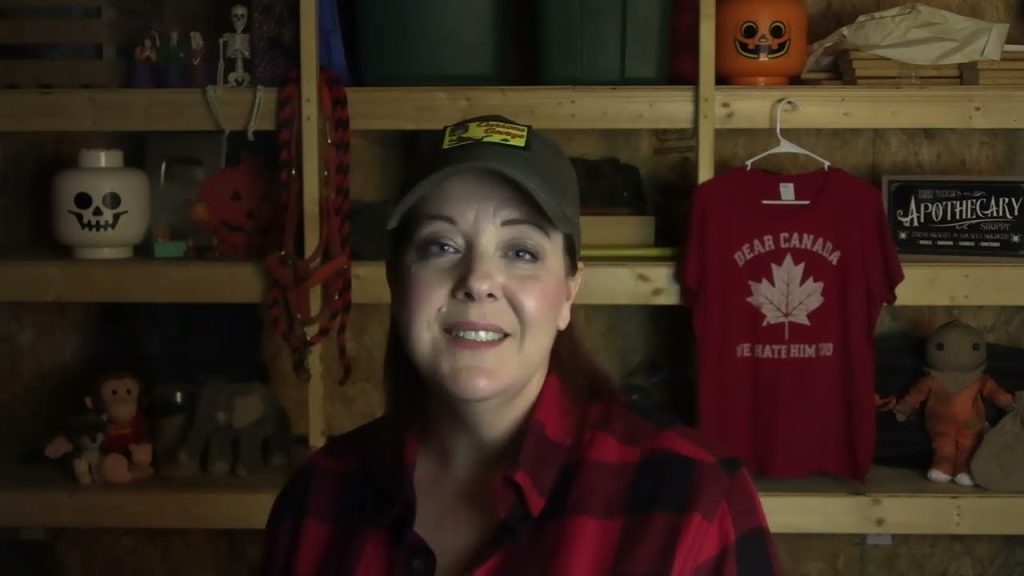A recent plea deal in a high-profile Idaho murder case has sparked outrage among the victims’ families and the wider community, leaving many questioning the judicial decisions behind the controversial agreement. The deal, finalized earlier this month, has been described as “shocking” and “unjust” by those affected, igniting a heated debate about justice and accountability in violent crimes.
The case involves multiple homicides that shook the state last year, drawing intense media attention and public scrutiny. The accused faced multiple charges related to the brutal killings, which devastated several families and brought grief to the local community. However, the plea deal significantly reduced the defendant’s charges and potential sentencing, which many argue does not reflect the severity of the crimes committed.
Victims’ families have voiced their disbelief and frustration, calling the agreement a betrayal of their trust in the legal system. Many feel the plea bargain denies them the closure and justice they deserve. “It feels like the pain and suffering our families endured is being disregarded,” one family member said in an emotional statement. “How can this be justice when such a serious crime is met with a comparatively light sentence?”
The plea deal notably eliminated several of the most severe charges, reducing the maximum prison time for the accused. This move was defended by the prosecution as a strategy to secure a conviction without the uncertainties and stress of a prolonged trial. The judge overseeing the case approved the agreement, prompting further questions about the reasoning behind this decision.
Legal experts explain that plea deals are a common practice in the justice system aimed at balancing the interests of the court, victims, and defendants. Yet, in cases involving multiple murders, such deals are often met with skepticism because they may appear lenient compared to the gravity of the offenses. Critics argue that while plea bargains save court resources, they can sometimes undermine public confidence in judicial outcomes.
The judge presiding over this case has remained largely silent, releasing a brief statement indicating that the plea deal was “within the bounds of the law” and the outcome considered the “totality of circumstances” including evidential strength and the prospects of conviction. Still, this explanation has done little to ease the anger and disappointment expressed on social media and during public forums.
Civic groups and victim advocacy organizations have rallied to demand greater transparency and reforms to how plea bargains are handled in cases involving violent crimes. They emphasize the need for victim voices to have more influence in such decisions, pushing for legislative review to ensure future proceedings align more closely with community expectations of justice.
Meanwhile, the community continues to grapple with the emotions stirred by the case and its resolution. As the families of the victims seek solace, many citizens are calling on the legal system to reexamine its handling of plea deals, particularly in cases of extreme violence where leniency can be seen as a denial of accountability.
With public outcry showing no signs of abating, this case has become a painful reminder of the delicate balance between legal pragmatism and moral justice — a debate that will likely shape prosecutorial strategies and judicial decisions in Idaho and beyond for years to come.



